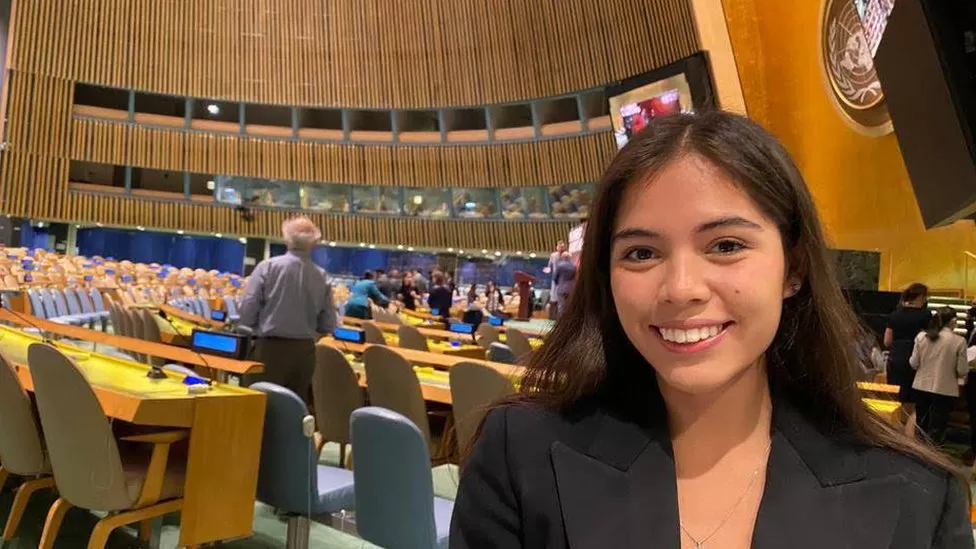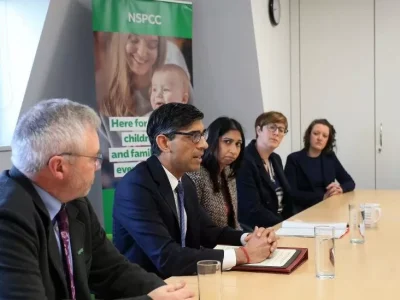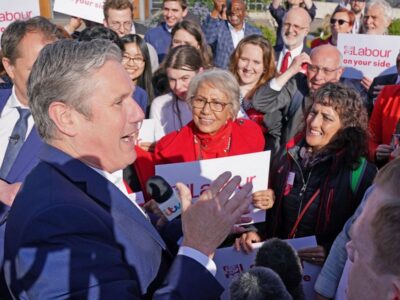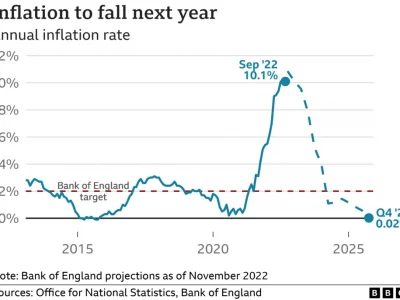India is in the middle of several extraordinary transitions, the impact of which will benefit both India and the world. One of those transitions is in energy, with India aiming to be the first major economy to power its rise to developed country status with increasingly clean energy.
This extraordinary ambition is the backdrop in India to negotiations at the climate summit in Dubai on the future of our one, shared planet. This year’s COP28 builds on work done by its predecessors, including the UK Presidency’s COP26 at Glasgow which secured six gigatonnes of emissions reductions through updated national climate pledges.
There has been progress on climate in recent years; rapid growth in renewable energy and greater long-term clarity through many countries’ ambitious net zero commitments. But there’s a long way to go. Countries around the world are still losing lives, biodiversity, and crores in building back from climate disasters.
The risks to all countries from climate change are huge. According to the IPCC, India is one of the most vulnerable countries to climate change — with projected drops in crop production, water scarcity, increased sea-level rises, and extreme heat stress. The policy choices India makes and the targets it sets to reduce greenhouse gas emissions are also crucial to the world achieving its collective 1.5 degrees Celsius goal agreed at the Paris COP21.
No country can tackle this problem alone, not even a giant such as India. There are three key areas the UK and India are working together to address the challenges of climate change.
![]()






